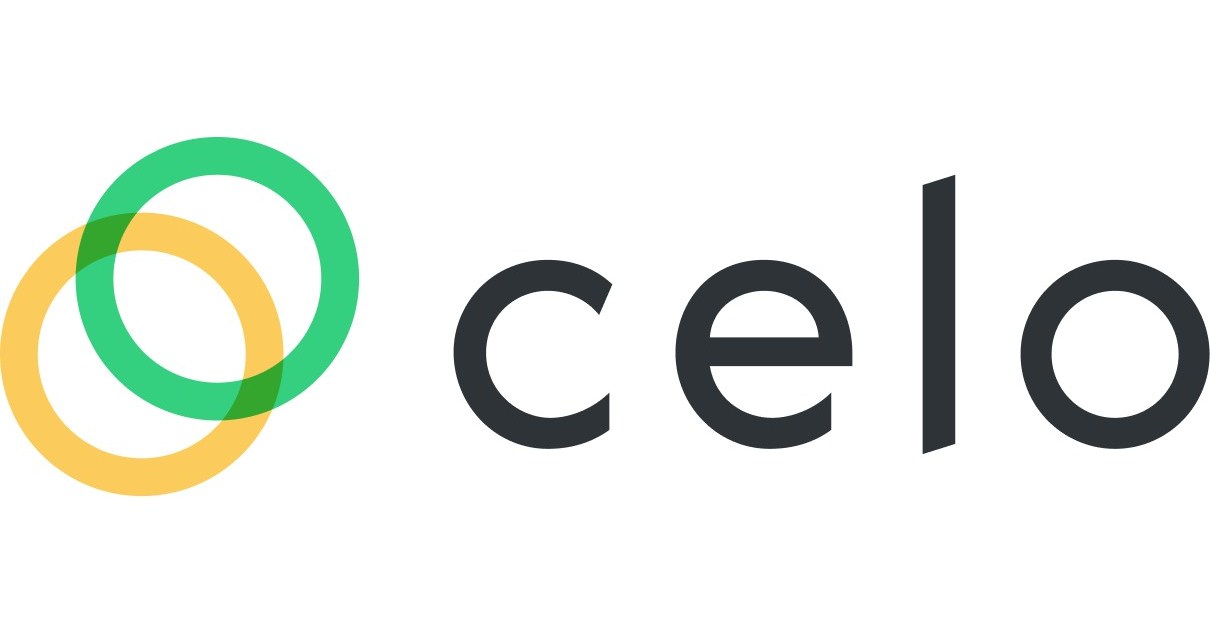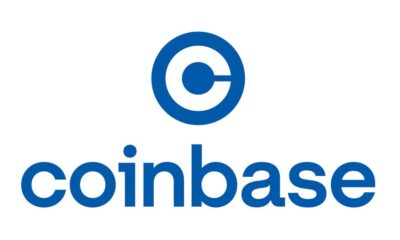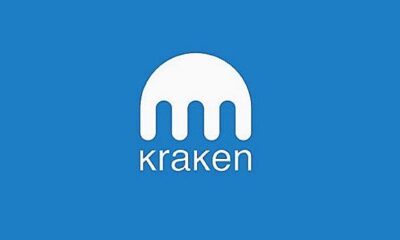News
Celo integrates Chainlink’s CCIP interoperability protocol
In a strategic move to bolster interoperability within the blockchain ecosystem, Celo has announced its integration with Chainlink’s Cross-Chain Interoperability Protocol (CCIP). This collaboration aims to facilitate seamless communication and transactions across different blockchain networks, enhancing the utility and scalability of Celo’s decentralized applications (dApps).
-

 Business3 days ago
Business3 days agoBitcoin mining stocks rocket 24% on macro climate, AI play: Analyst
-

 News3 days ago
News3 days agoFTX estate sues KuCoin to recover over $50M in assets
-

 Business3 days ago
Business3 days agoBhutan gov’t moves $66M of Bitcoin stash to Binance as price tops $71K
-

 Business3 days ago
Business3 days agoGemini crypto exchange receives preliminary approval in Singapore
-

 Business3 days ago
Business3 days agoApple rolls out Apple Intelligence, but fails to wow AI crowd
-

 Business3 days ago
Business3 days agoMeta is reportedly building its own AI-powered search engine
-

 Business3 days ago
Business3 days agoBitcoin hits $70K amid huge ETF inflow streak
-

 Business3 days ago
Business3 days agoCoinbase to sponsor NBA team in aftermath of FTX collapse































